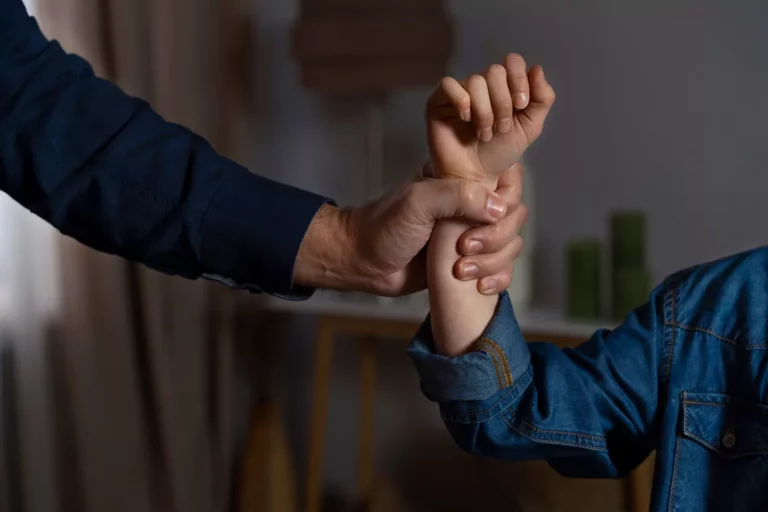Psychology Questions About Divorce
Ever wonder why some couples divorce while others stay together? Have you thought about how psychology plays a role in the decision to end a marriage? Find out the answers to these questions and more in our latest article on the psychology of divorce.
From the point of view of psychological research, divorce can have both short-term and long-term effects on individuals’ mental health and well-being. Studies have shown that the emotional impact of divorce can lead to increased levels of stress, anxiety, and depression.
Effects of divorce
Going through a divorce can make people feel sad, angry, and confused. Those experiencing it might notice changes in how they feel emotionally and in their relationships with others. It can also hurt their self-esteem and how they see themselves.
Children can be particularly affected by a divorce. They might feel stressed, anxious, or insecure, and sometimes they may blame themselves for their parents’ split. Their behavior and school performance might also suffer.
Divorce can change family routines and dynamics. It might lead to financial difficulties and make co-parenting harder. All kidding aside, people often have to deal with legal issues, make tough choices about child custody, and decide on living arrangements.
During a divorce, many people turn to therapists or counselors for support to manage their emotions and adapt to the changes. It’s very important for those involved to take care of their mental health and well-being during this tough time.
Reasons for divorce
Couples may decide to divorce for several reasons:
1. Constant Fighting: When arguments and disagreements get too intense and seem impossible to fix, negative feelings can grow. This can break down how well couples communicate and connect emotionally.
2. Broken Trust: Trust issues, like cheating or not keeping promises, can seriously harm a relationship. Without trust, it’s hard to overcome the pain and rebuild the connection.
3. Different Beliefs and Goals: When partners have different values or life goals, it can be tough to find common ground. Basically, this can make them feel misunderstood or unhappy in the relationship, leading to a sense of disconnect.
4. Changing Identities: Over time, people change and grow. Sometimes, this growth can make partners feel like they are outgrowing each other or limiting their personal development, causing feelings of resentment or a wish to be independent.
Psychological impact
In other words, going through a divorce can make people feel sad, angry, or confused. Some might feel guilty or ashamed, and they could find it hard to focus or make decisions. Divorce can also cause anxiety and depression for some. It can change how a person views themselves and others, making trust and intimacy difficult in future relationships.
For real, the stress from a divorce can affect someone’s physical health too, causing headaches, digestive problems, or trouble sleeping. Some might turn to unhealthy habits like drinking or using drugs. The effects of divorce vary from person to person. It’s important for those going through it to get support from friends, family, or a therapist to help them deal with the emotional challenges of ending a marriage.
Children and divorce
Children might wonder why their parents are splitting up and worry about how it will change their lives. Some might blame themselves and feel guilty about the divorce. Others could feel angry or upset with their parents or the situation.
Kids can go through various emotions like sadness, anxiety, or even relief. They may find it hard to understand and deal with these feelings, which can lead to changes in how they act or feel. The change in their family setup can make them feel unsure or worried about the future.
Divorce can also affect a child’s relationship with their parents. They might feel caught in the middle or have trouble keeping things normal with each parent. Believe it or not, different living situations or changes in routine can make these relationships even harder.
Parents play an important role in helping their children through the divorce. Talking openly, providing reassurance, and offering support can make kids feel more secure and understood during this tough time. Giving consistent love and stability can help kids adjust to the changes in their family.
Getting professional help, like therapy or counseling, can also be beneficial for both kids and parents as they deal with the emotional challenges of divorce. It’s important for parents to focus on their children’s well-being and give them the support they need to handle the changes that come with divorce.
Coping mechanisms
To help handle these feelings, people might develop ways to cope.
One way is to seek support from friends, family, or a therapist. Talking about their feelings can be comforting and make them feel understood. Some might find comfort in activities they enjoy, like exercising, painting, or listening to music. These hobbies can distract from stress.
Another way to cope is to practice self-care. This means getting enough sleep, eating healthy food, and trying relaxation methods like deep breathing or meditation. Honestly, taking care of your body can also help your mind feel better.
Some people might set boundaries with their ex-partner, like only talking about important things or avoiding situations that stir up bad feelings.
Others might think about what they can learn from the situation and look for new opportunities or personal growth.
In short, coping mechanisms are ways people deal with the tough parts of divorce. By finding healthy ways to handle their emotions and situations, they can start to heal and move on.

The Closing Remarks
Based on earlier findings in exploring the psychology of divorce, it is evident that the experience varies greatly among individuals. What TheBostonDivorceLawyers is urging you to look at is, factors such as communication, coping mechanisms, and support systems play significant roles in how people work through the emotional various problems that may occur of ending a marriage. Ultimately, seeking professional help and focusing on self-care are very important in processing the psychological effects of divorce.







